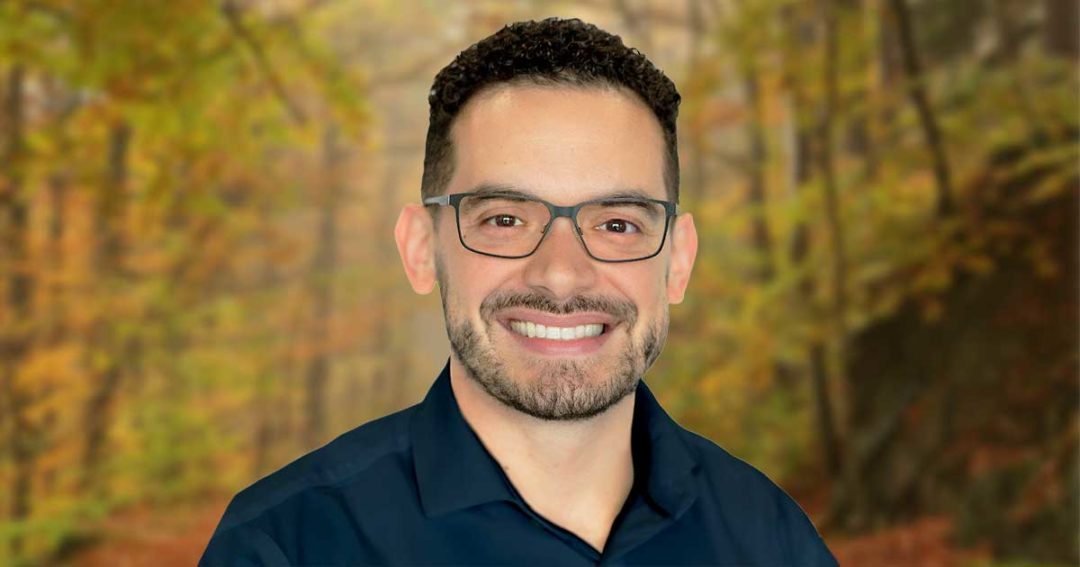Advocating for racial economic equity
Eight credit unions address economic disparities through new incubator.

While no one action can address disparate economic outcomes and the barriers Black, Hispanic, American Indian, and Alaska native households face when building wealth, some steps can improve this situation, says Horacio Garcia-Korosec, senior incubation manager at Filene Research Institute.
Filene created a Racial Economic Equity Incubator in February 2023, bringing in eight credit unions and 12 community service organizations to co-create solutions that meet local community members’ needs and deliver resources, support, and capital to communities of color.
“When you think of a topic as big as racial economic equity, it can get overwhelming,” Garcia-Korosec says. “It's easy to get discouraged, but if we can all do our best for the communities we’re serving, together we make an impact. This helps credit unions actively engage in addressing these disparities, and we're hoping there will be increased activity and impact, with credit unions becoming advocates for racial economic equity.”
Filene’s incubator welcomed eight credit unions:
- $30 million asset Florida A&M University Federal Credit Union in Tallahassee, Fla.
- $147 million asset Kaua’i Federal Credit Union in Lihue, Hawaii
- $351 million asset Allegiance Credit Union in Oklahoma City
- $1 billion asset Marine Credit Union in La Crosse, Wis.
- $2.3 billion asset Blaze Credit Union in Falcon Heights, Minn.
- $4.2 billion asset Municipal Credit Union in New York
- $7.2 billion asset Veridian Credit Union in Waterloo, Iowa
- $7.7 billion asset Michigan State University Federal Credit Union in East Lansing, Mich.
The participants are testing co-creation strategies and exploring partnerships with community organizations to strategize products and services their communities need.
“That's often missed when financial institutions come into a community to help solve a problem,” Garcia-Korosec says, defining co-creation as working with, not for, communities of color. “Don’t be the organization that assumes they know about the community. Bring in the voices that shape the process.”
Allegiance Credit Union and Scissortail Community Development Corporation. provide a good example of co-creation. They started the incubator by bringing together 100 community volunteers to learn about community needs, expand branch presence, and create relevant products to better serve Latinos.
The incubator provides the participants with access to financial inclusion experts, like-minded innovators, and a committed team of coaches and partners. Phase two of the incubator gives the cohorts an opportunity to present strategies, impact, and lessons while competing for funding for their individual products.
“Everybody in these incubators wants to make real change, but it's a long, challenging road. There are many wins to celebrate along the way,” Garcia-Korosec says, noting an ongoing innovation incubator in which Filene and Visa seek to support historically Black colleges and universities by keeping emerging small businesses within their communities. “Not only are you working toward an outcome, you're helping the industry because others can ingest, learn, and make an impact at their own organization.”
